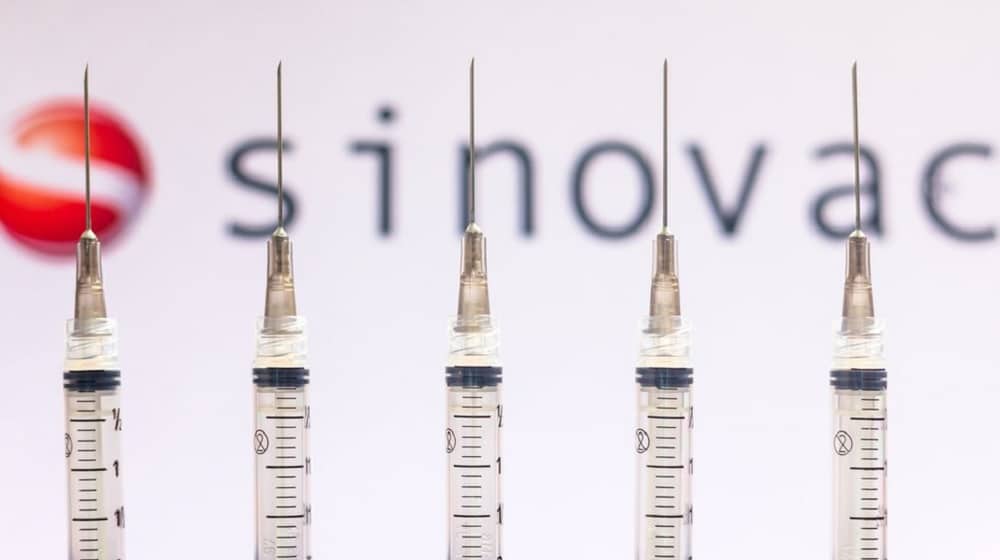World Health Organization (WHO) has granted Emergency Use Authorization (EUA) to a COVID-19 vaccine developed by the Chinese pharmaceutical company, Sinovac.
In an official statement, WHO said that the approval will provide countries, funders, procuring agencies, and communities an assurance that Sinovac’s COVID-19 vaccine is in line with international standards for safety, efficacy, and manufacturing.
ALSO READ
Johnson & Johnson to Pay $2.1 Billion in Baby Powder Case
WHO Director General, Tedros Adhanom Ghebreyesus, noted that “the world desperately needs multiple COVID-19 vaccines to address the huge access inequity across the globe.”
He urged all COVID-19 vaccine manufacturers to participate in the COVAX program, share their know-how and data, and contribute to bringing the pandemic under control.
Chairman and CEO Sinovac, Weidong Yin, said that clinical trials of the company’s COVID-19 vaccine provided sufficient scientific evidence for the WHO to authorize it for emergency use across the world.
He added that more than 40 countries have already approved Sinovac’s COVID-19 vaccine. The company has supplied more than 600 million doses of its vaccine at home and abroad till the end of May, of which more than 430 million doses have been administered.
ALSO READ
PCB to Track Players & Officials Using Bluetooth Trackers in PSL
Known as Coronavac, Sinovac’s COVID-19 vaccine is an inactivated vaccine. Its effectiveness ranges from 51% to 84% in preventing severe symptomatic COVID-19 infection. It can be easily stored at regular fridge temperature which makes it very manageable and suitable for particularly countries with limited resources.
Note that this is the second Chinese COVID-19 vaccine that has been approved by the WHO. Earlier in May, WHO had approved the COVID-19 vaccine made by Sinopharm, a Beijing-based pharmaceutical company.





















